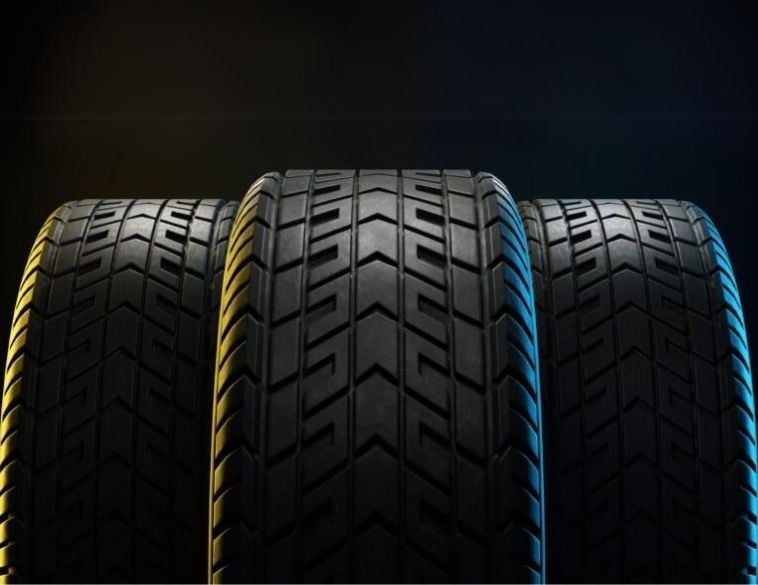The right to repair is a critical issue for the future of the automotive aftermarket industry.
This major project has several components, including allowing our customers to choose their local workshop rather than the dealer. The Association des Spécialiste de Pneu et Mécanique du Québec (ASPMQ) supports the position and commends the work of the Automotive Industries Association of Canada (AIA) on this issue.
With the increasing electronification of vehicles, access to data becomes essential to perform a repair in optimal conditions. AIA Canada is calling for legislation to require automakers to share access to this data.
An agreement, called the Canadian Automotive Service Information Standard (CASIS), was signed in 2009 to allow for the voluntary sharing of information and accessibility of parts between manufacturers and mechanics. However, this agreement is less and less respected today by car manufacturers. Some, such as Tesla, do not even install the diagnostic port (OBD2 port) that allows this information sharing.
A difficult access
For garages, testing becomes more complex if they cannot talk to certain electronic modules. While not impossible, the repair may take longer. According to AIA Canada, this issue could result in lost business opportunities for independent tire centres and shops as they will have difficulty performing the repair without access to the data, forcing the consumer to turn to their dealership: “Vehicle owners may have less choice in where they entrust their vehicles and the existence of an open and competitive automotive aftermarket may be threatened.”
Technology has greatly evolved, especially with the development of telematics systems. New car dealerships and car manufacturers are now tending towards a monopoly for vehicle repair, putting forward the lack of required knowledge of new technologies by garages. Yet the industry has a great deal of expertise among Quebec mechanics, not to mention the possibility of continuing education to keep knowledge up to date.
Comprehensive data collection
Thanks to the technology, a large amount of data is collected on the vehicle owner’s driving, ranging, depending on the brand, from braking distance to regular maintenance or daily trips. All this data belongs to the car manufacturers. As a consumer, you have to ask yourself if you are comfortable with the idea that the manufacturer of your car knows so much about your lifestyle or driving style. Wouldn’t we rather own this data?
A worthwhile fight
This issue plays a major role in the future of the industry. According to AIA Canada, without regulation, approximately 90,000 jobs are at risk in Quebec. When buying a car, the consumer may not think to ask about service and information sharing in order to choose the place for their vehicle maintenance and repairs. For this reason, government intervention would address the problem upstream.
Marc-André Boisvert, Co-Owner of Pneus et mécanique S.L., is President of the Association des Spécialistes de Pneu et Mécanique du Québec (ASPMQ).



